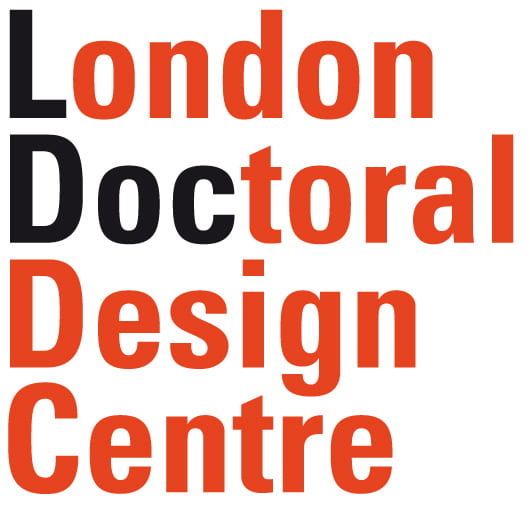
If everyone on the planet lived as we do in the UK, 3.5 earths would be needed to support our consumption habits. Development that satisfies even basic human needs is still required in many places, but in the UK we are clearly setting an untenable example. The lopsided, overuse of resources in our consumer culture is not making us proportionally happier; our children are amongst the least content in the developed world, and lag behind some developing nations. We need to reassess what engenders happiness, and change the collective priorities and values that our actions spring from; to create new models and value sets that promote the wellbeing of the next generation, and the planet they will inherit.
Middle childhood (7-11 years-old) is a fertile time for learning and assimilation of values. In previous generations much learning at this age was self-driven, through free outdoor play, but today children’s time is increasingly spent inside, reducing connection to their environment and natural processes (Louv, 2005). Schools are not incentivised to teach sustainability at this age (Key Stage 2), and parents are generally ill-equipped to do so.
Environmental organisations that try to fill the education gap tend to be narrow in focus, avoiding the complexity inherent in the ‘wicked problem’ of sustainability identified by Ritter & Weber. This project proposes the design of engaging tools that reconnect children to the earth and propagate pro-social and pro-environmental values through a holistic, systems-based approach.
Through analysis of secondary data, interviews and ethnographic methods the current state of tools for ecoliteracy in middle childhood will be investigated. Iterative ideation methods, including co-creation and prototyping will be used to establish a framework for planet positive, playful learning. Within this framework new creative tools will be designed to engage Head, Heart and Hands in transformative learning (Orr, 2004) and embed ecoliteracy in middle childhood.
